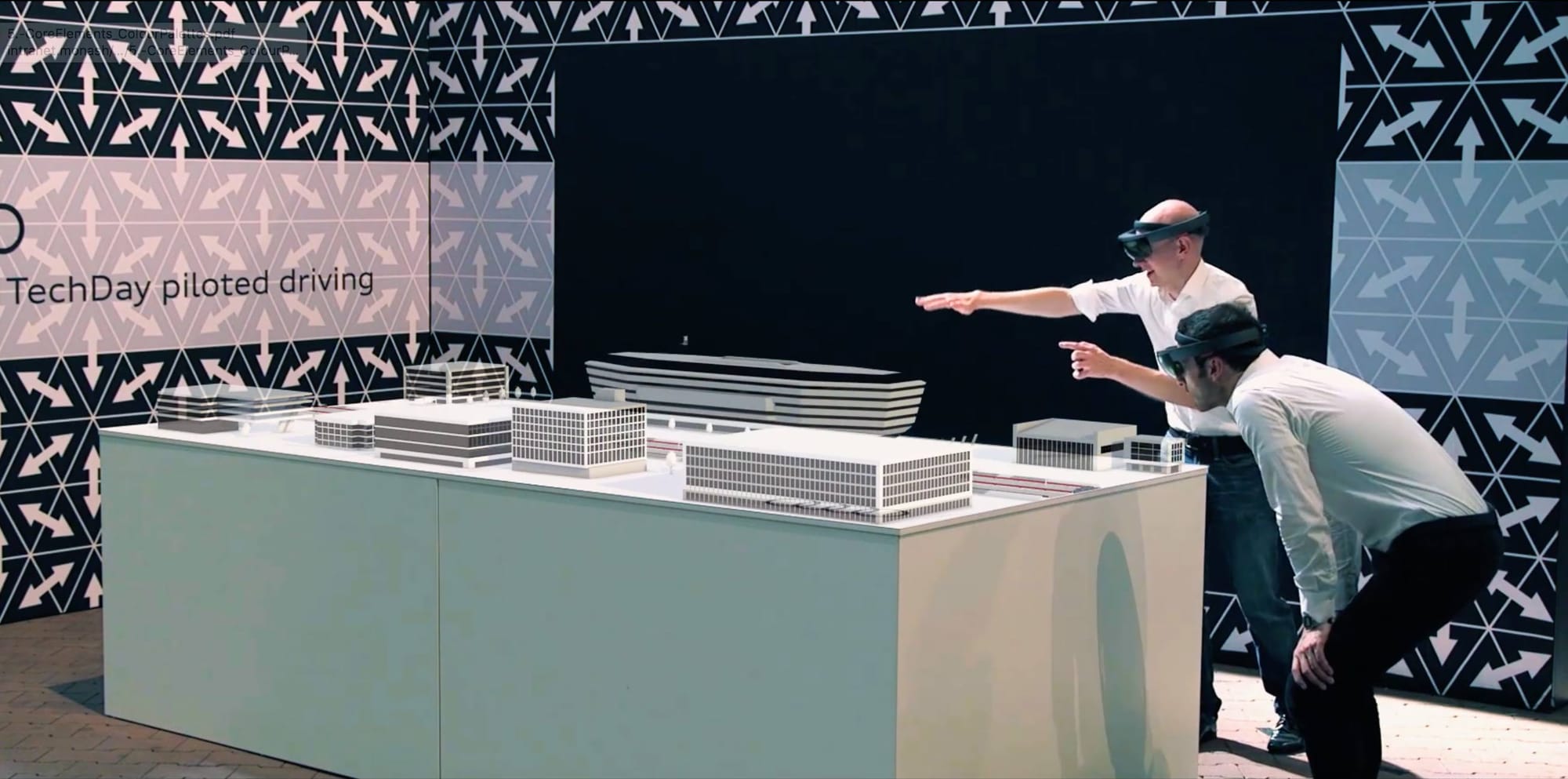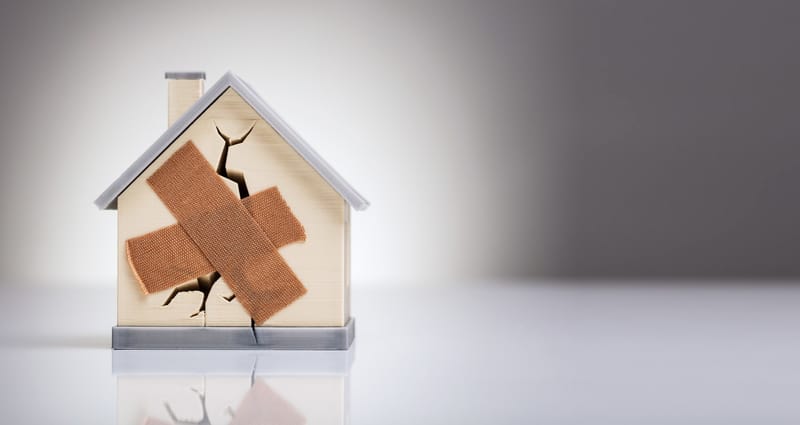
What are the professions of the future and what skills will employers seek?
As technology advances at an exponential rate, industries are looking for new skill sets from students. The skill sets of the future are going to be about creativity and problem solving, adaptability, decision-making, interacting and collaborating with others to solve messy problems. These are all fundamentally human skills that will become the new benchmark as artificial intelligence and huge data sets drive innovation in the workplace.
It’s the skills that the robots do not possess that will become most valuable to employers in all industries, from science to the humanities.
I think that every profession, biologists, lawyers, doctors, will have to have an IT knowledge component – Maria Garcia De La Banda, Faculty of Information Technology
Watch the latest episode of A Different Lens to find out more about the future of work.





